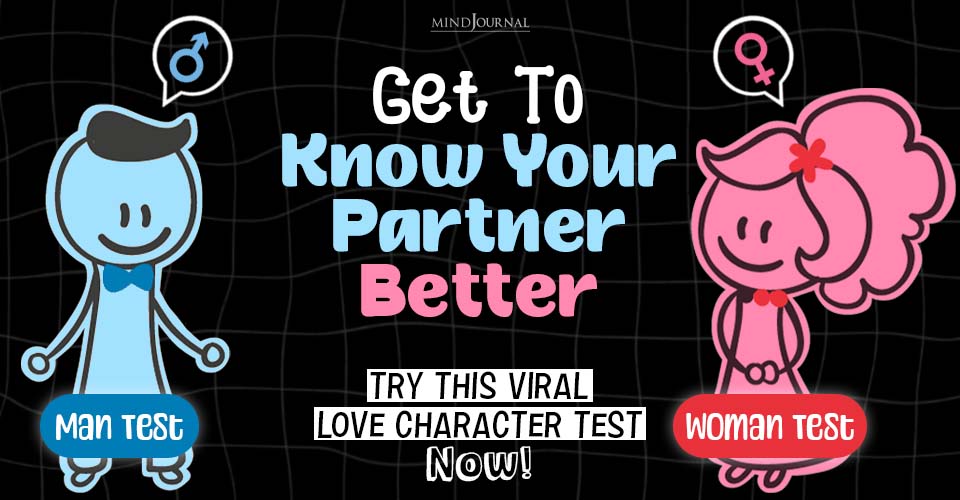Have you ever wondered how your body changes when you are in love? It’s a question that has intrigued poets, scientists, and romantics alike for centuries.
Love is a profound and complex emotion that can transform our lives in extraordinary ways. Beyond the butterflies in your stomach and the racing heart, falling in love triggers a cascade of physiological and psychological responses that are nothing short of magical.
In this article, we are going to take a deep dive into what happens to our body when we are in love.
What Happens To Your Body When You Fall In Love
1. The Chemical Symphony of Love
At the heart of every love story lies a chemical symphony that orchestrates our feelings and emotions. When you first meet someone who makes your heart skip a beat, your brain releases a flood of neurotransmitters, including dopamine, serotonin, and norepinephrine.
These ‘feel-good’ chemicals create an immediate sense of pleasure and happiness, leading to those euphoric feelings associated with early-stage love.
2. A Rush of Dopamine: The Reward System
Dopamine, often referred to as the ‘feel-good’ neurotransmitter, plays a pivotal role in the early stages of falling in love. When you’re smitten, your brain’s reward system goes into overdrive, releasing surges of dopamine that generate feelings of exhilaration and anticipation.
It’s no wonder you can’t stop thinking about that special someone—your brain is essentially rewarding you for being in love!
Read How To Increase Dopamine Levels Naturally? 10 Ways
3. Serotonin: The Obsession Molecule
Another chemical player in the game of love is serotonin.This neurotransmitter is linked to mood regulation, and its levels can fluctuate dramatically when you’re in love.
Interestingly, lower levels of serotonin are associated with obsessive thinking and compulsive behavior. That explains why you might find yourself obsessing over your new love interest’s every text or gesture—it’s all thanks to the serotonin rollercoaster.
4. Norepinephrine: The Fight-or-Flight Hormone
While falling in love may not seem like a battle, your body sometimes treats it as such. Norepinephrine, often called the ‘stress hormone,’ is released in abundance during the early stages of love.
This hormone triggers the body’s ‘fight-or-flight’ response, leading to sweaty palms, a racing heart, and that jittery feeling when you’re near your crush. It’s your body’s way of preparing for the adventure of love.
5. The Heart’s Dance of Love
As your brain and body chemistry go through significant changes, your heart also gets in on the action. When you fall in love, your heart rate increases, and you may feel like your heart is doing a joyful dance within your chest.”
This physical response is a testament to the powerful connection between love and your cardiovascular system.”
6. The Love Hormone: Oxytocin
Oxytocin, often called the ‘love hormone’ or ‘cuddle hormone,’ is a key player in forming emotional bonds. When you cuddle, kiss, or simply hold hands with your partner, oxytocin levels soar.
This hormone is responsible for creating feelings of trust and intimacy, strengthening the emotional connection between you and your loved one.
Read 10 Ways To Increase Oxytocin Levels (The Love Hormone) In Your Body
7. Stress Reduction Through Love
Contrary to the stress hormone norepinephrine’s role in the early stages of love, long-term love can actually reduce stress. The presence of a loving partner has been shown to lower cortisol levels, a hormone associated with stress.”
Simply put, being in a loving relationship can help calm your nerves and promote overall well-being.
8. The Immune Boost of Love
Believe it or not, love can give your immune system a boost. Studies have shown that being in a loving and supportive relationship can enhance your body’s ability to fight off infections and illnesses.
The emotional and psychological benefits of love extend to physical health, making you more resilient to the challenges life throws your way.
9. The Butterfly Effect
The infamous ‘butterflies in your stomach’ are a physical sensation many of us experience when falling in love. This fluttery feeling is due to increased blood flow to the stomach and the release of adrenaline.
Your body is essentially in a state of heightened excitement, and this physical manifestation of love is a delightful reminder of the exhilarating journey you’re on.
10. A Positive Outlook
Love has the power to shift your perspective on life. When you’re in love, you tend to see the world through a more optimistic lens.
This change in outlook can have a cascading effect on your mental and physical health. A positive mindset can lead to reduced stress, improved overall health, and even a longer lifespan.
11. Improved Sleep Patterns
Many people report improved sleep quality when they’re in love. The emotional security and contentment that come with a loving relationship can lead to better sleep patterns.
You’re less likely to toss and turn with worries when you have the support and affection of a loving partner.
12. Enhanced Self-Esteem
Love can be a powerful booster of self-esteem and self-worth. When you feel loved and valued by someone else, it can reinforce a positive self-image.
This newfound confidence can extend to various aspects of your life, from your career to your social interactions.
It’s a captivating journey that encompasses a symphony of chemicals, a dance of the heart, and a profound connection between your mind and body.
From the rush of dopamine to the calming embrace of oxytocin, love is a force that transforms us in ways both profound and beautiful.
As you embark on your own love story or reminisce about past loves, remember that these physiological and psychological changes are all part of the enchanting tapestry of human emotion.
So how does your loved one make you feel?










Leave a Reply